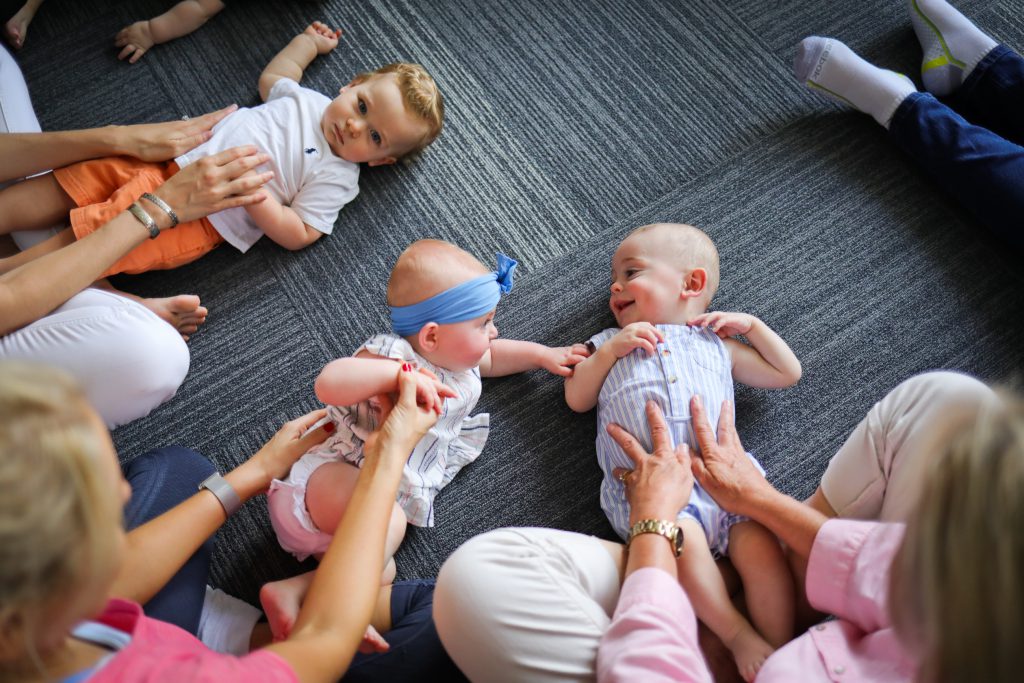
How Music Strengthens Emotional Development and Bonding
Music moves us. It’s a plain and simple truth, common to human beings all around the world since time began. In fact, it’s happened to you. You hear a certain song, and it instantly and vividly takes you back to a specific time, place, and memory. We know that there’s a deep-seated and innate response to music, even in very young children. And when you intentionally and consistently make music a part of a child’s life, music will strengthen a child’s emotional development and bonding with the loving adults in his/her life.
How Music Strengthens Emotional Development and Bonding
Musical activities create a forum for beloved shared experiences that give a common connection.
Singing, playing instruments, and dancing together facilitate an intimate connection through eye contact and loving, intentional touch.
When a child is encouraged to express him/herself freely with music, there is a certain emotional security that allows for creative connection.
Participating in a music class together is the essence of quality time, the kind of focused time that engenders feelings of safety, love, and well-being and results in a deeper emotional connection.
Being allowed to explore instruments, sounds, words, and feelings through music provides a secure connection that builds a strong sense of confidence.
Children who experience music and music activities with a loving adult form a unique bond through interactive connection.
Our brains are pre-wired to respond to music, and the more music and musical activity a child experiences, the stronger and richer the cognitive connection will be.
Music, especially songs and lullabies, help you say “I love you” before a child is even able to say the words on his/her own – a beautiful heart connection.
Shared by Theresa Case whose award-winning Kindermusik program is located at Piano Central Studios in the beautiful upstate of South Carolina.


